As the protectors of all things good, the Federal Communications Commission is usually busy behind the scenes pissing off Slim Shady, giving out fines for indecent nipple exposure at certain halftime events, and warning the NSA about losing any "confidential" phone information they steal from us.
Now the FCC is on a quest to not only evaluate, but also improve mobile broadband network performance for consumers, i.e. us. Today, I'm going to show you the FCC Speed Test app, which not only measures your mobile broadband performance, but is also the first step from the FCC towards gathering data and mapping out smartphone speeds across the country.
Once you open it up, you'll be taken through a brief Privacy & Terms of Use which outlines that the app collects information such as location, time of data, performance, etc., and that they share it with third-parties. I know it may sound a bit intrusive, but all of the information they collect is nothing personal, and for the greater good.




Once you go through the terms, you can feel free to run a test and check out certain data on your device, like the following.
- Download (speed in which you can download)
- Upload (speed in which you can upload)
- Latency (how much of a lag there is; the lower the better)
- Packet loss (when one or more packets of data traveling across a computer network fails to reach their destination)
The tests will run on your device and give you statistics in a matter of seconds. If you want to check your mobile data statistics, make sure that you are disconnected from Wi-Fi, as the test will always check Wi-Fi over mobile data. Below, you can see the stats for both my mobile and Wi-Fi speeds.






If you don't know what the download/upload speeds mean for your particular carrier, call them and ask. BGR claims that "AT&T's 4G LTE network is the fastest with download speeds averaging 18.6 Mbps and average upload speeds of 9.0 Mbps. Verizon was found to operate the second fastest LTE network with average download speeds of 14.3 Mbps and upload speeds of 8.5 Mbps."
While the country-wide statistics may change, it's good to know what your current download and upload speeds are, so as to see how they compare with other carrier speeds out there.
From the settings, you can also mess with such things as how often you want the tests to be run in the background, how much data they can use (if using mobile data, the tests will use a small amount), the location where the tests can be run, and a few other things.

While it may seem to do what many other apps do, like Internet Speed Meter, this one is fast and simple and not very obtrusive. It also helps the FCC out with mapping out speeds across the United States, which will eventually help out all of us in getting the best speeds possible.






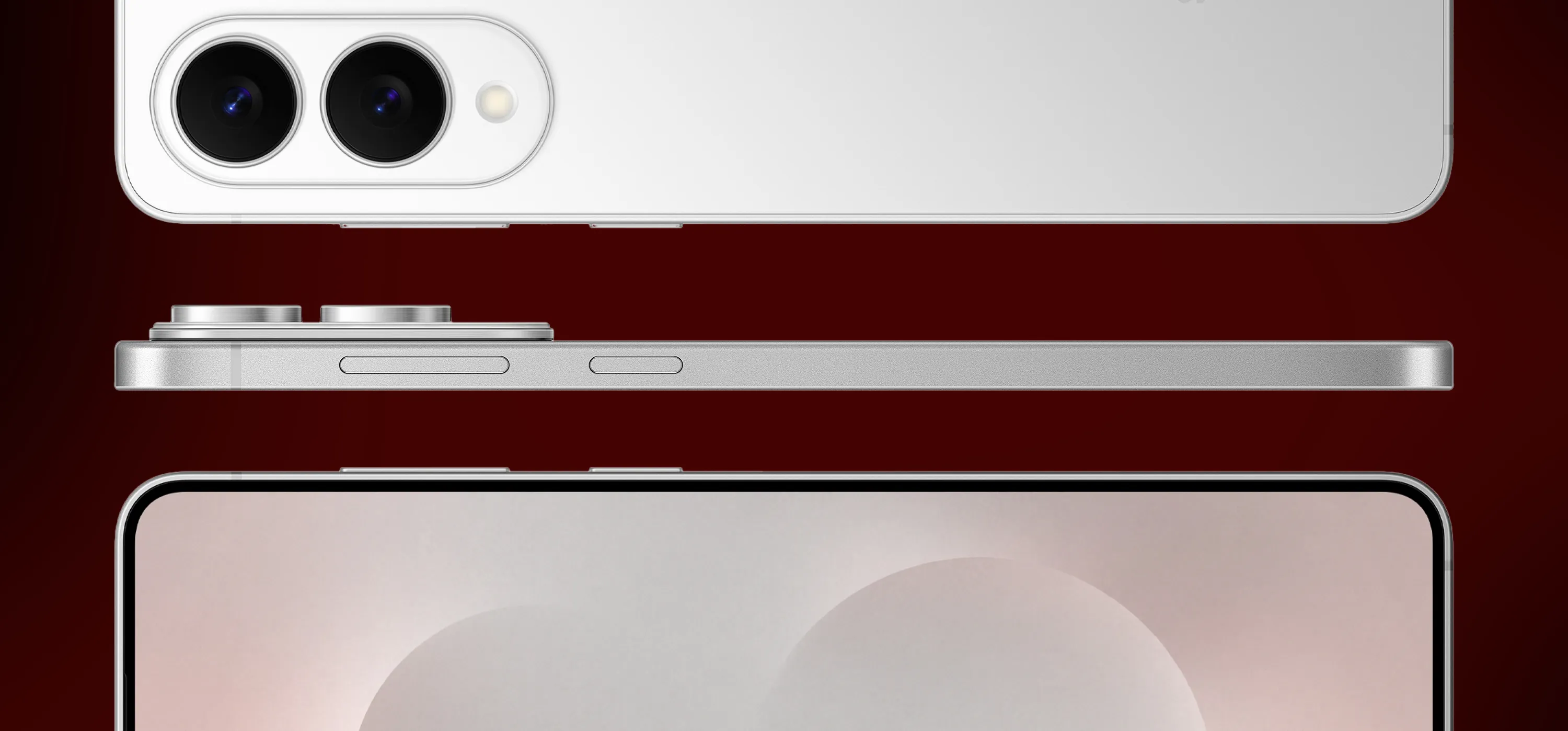
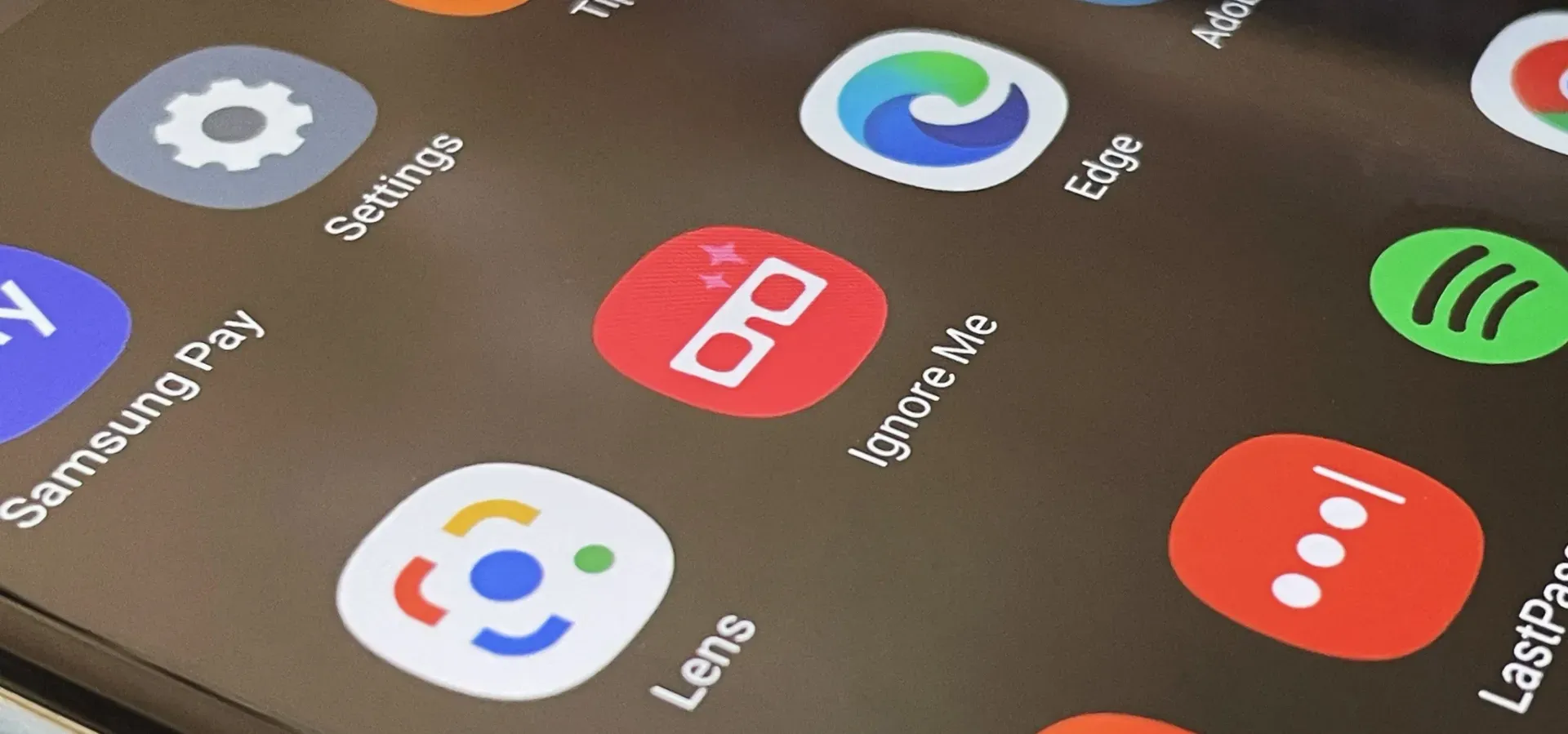
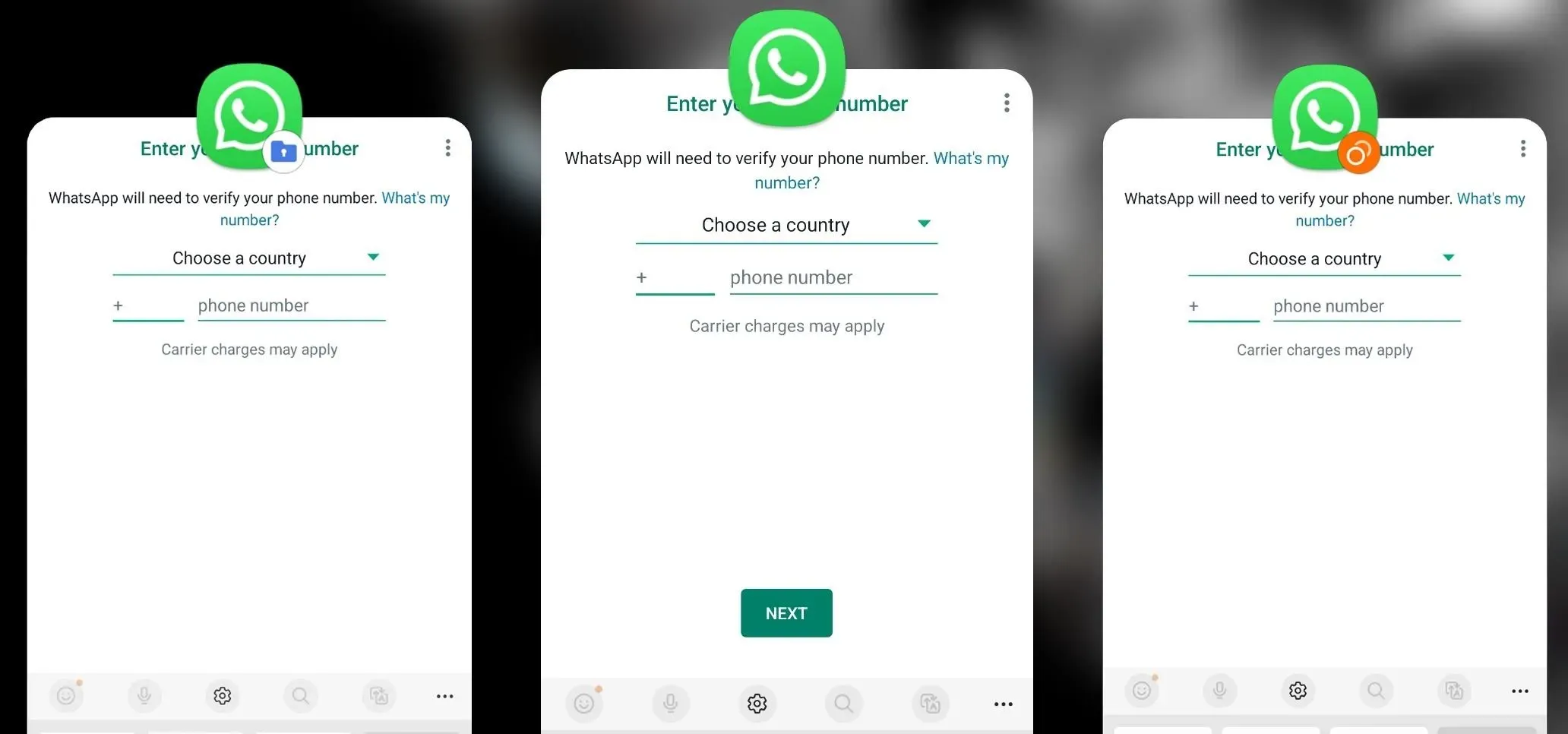
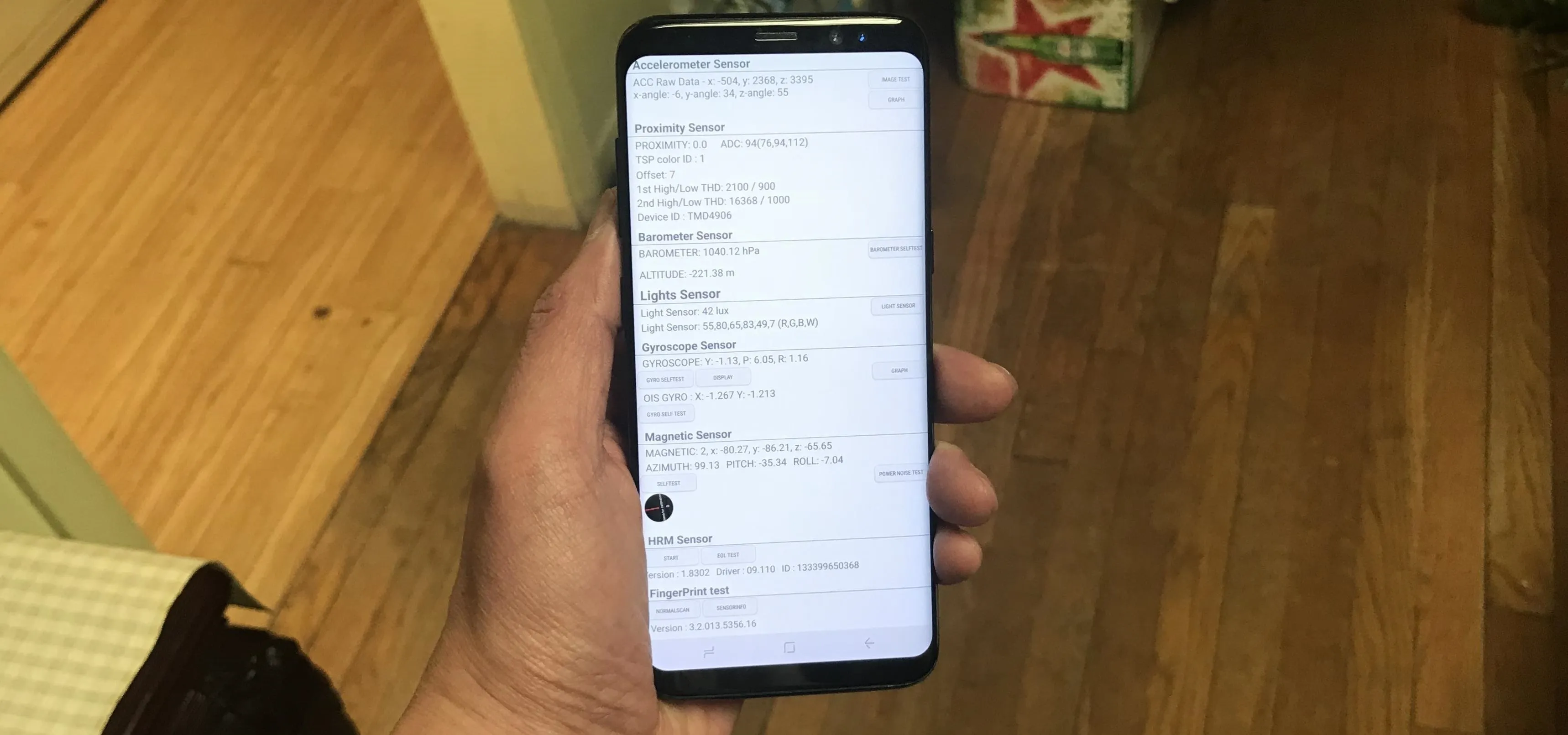
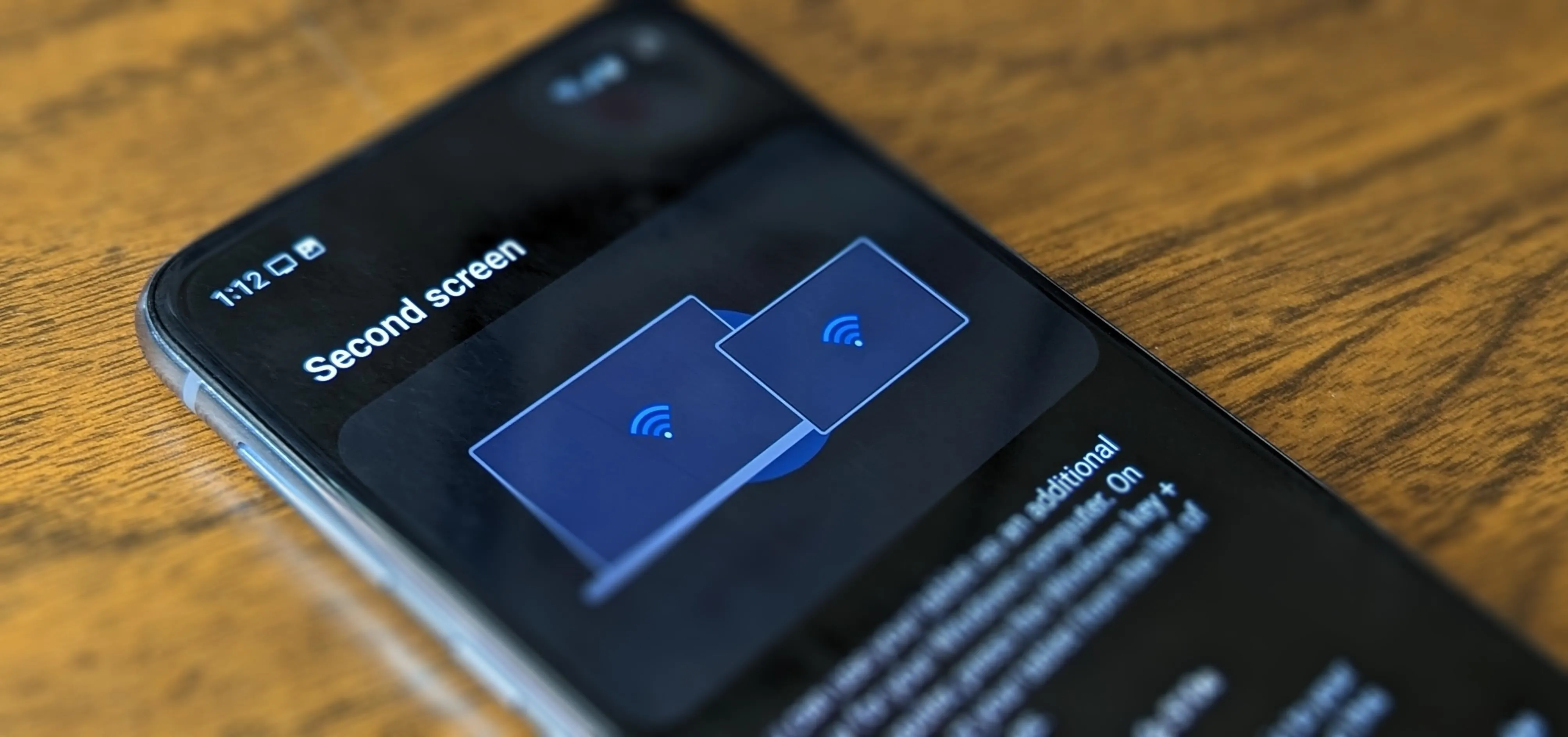
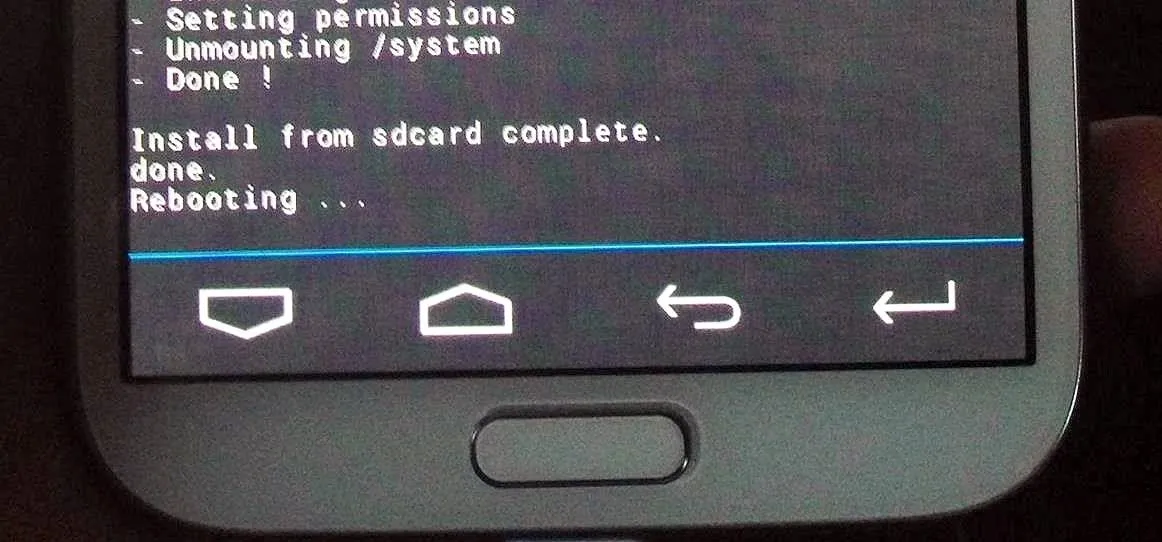
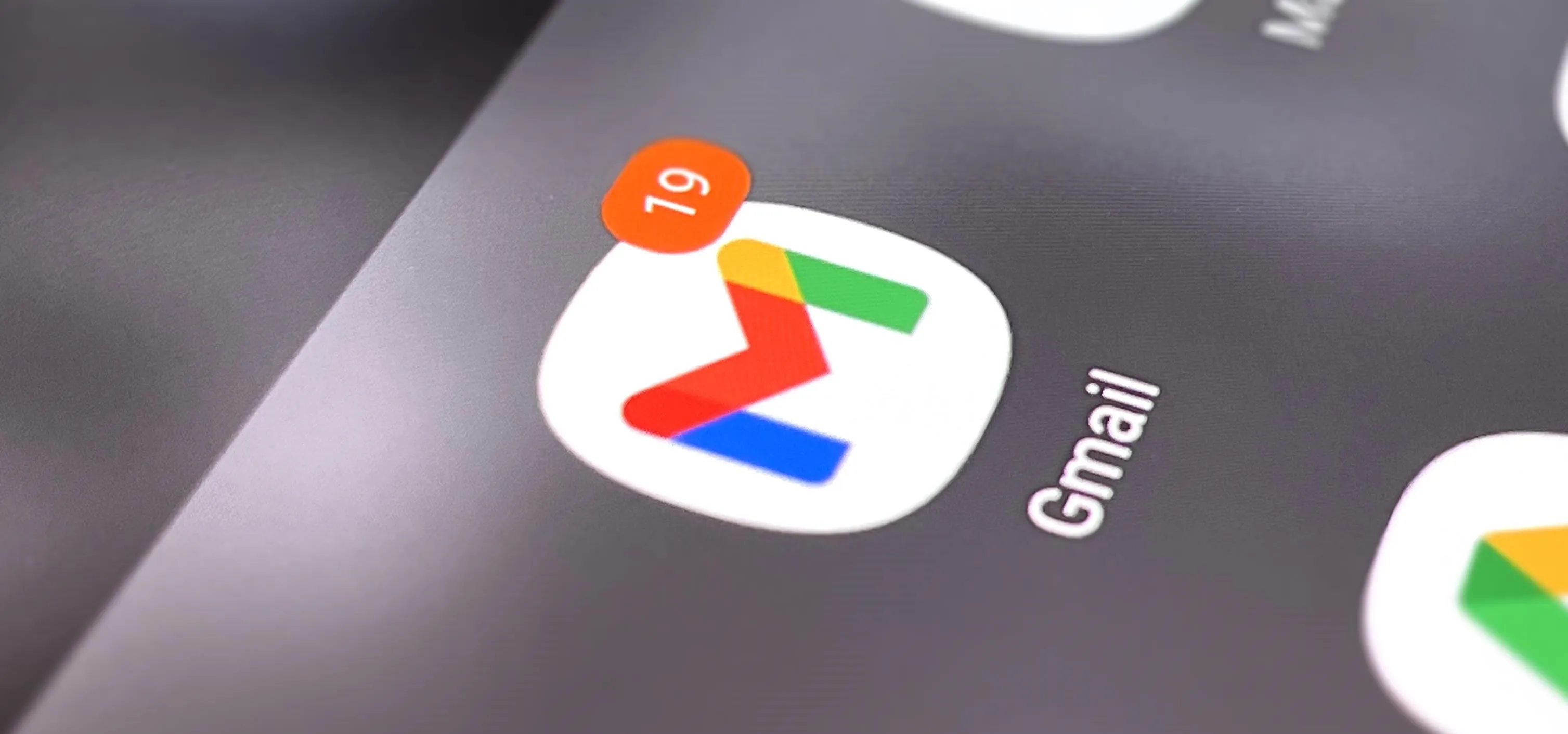
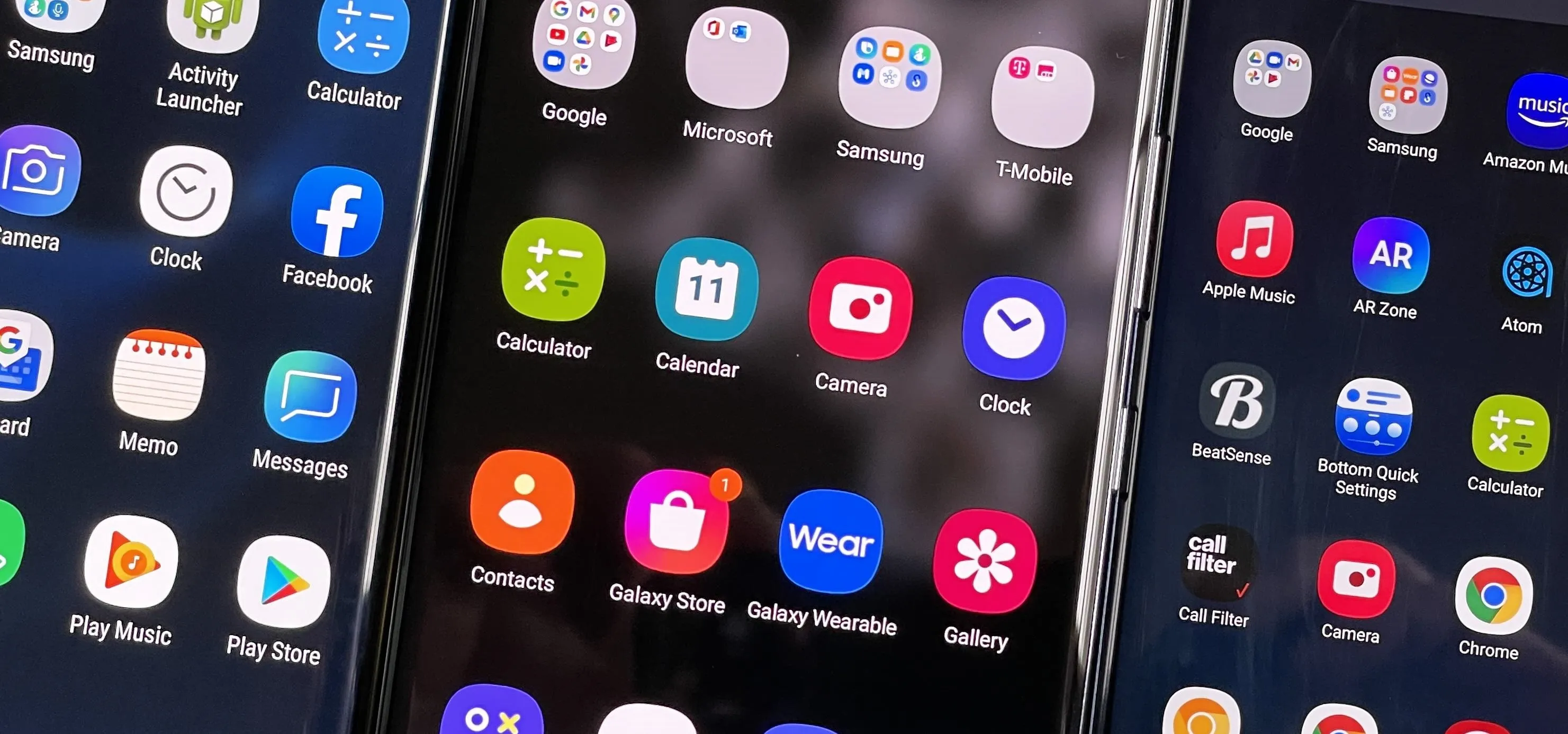
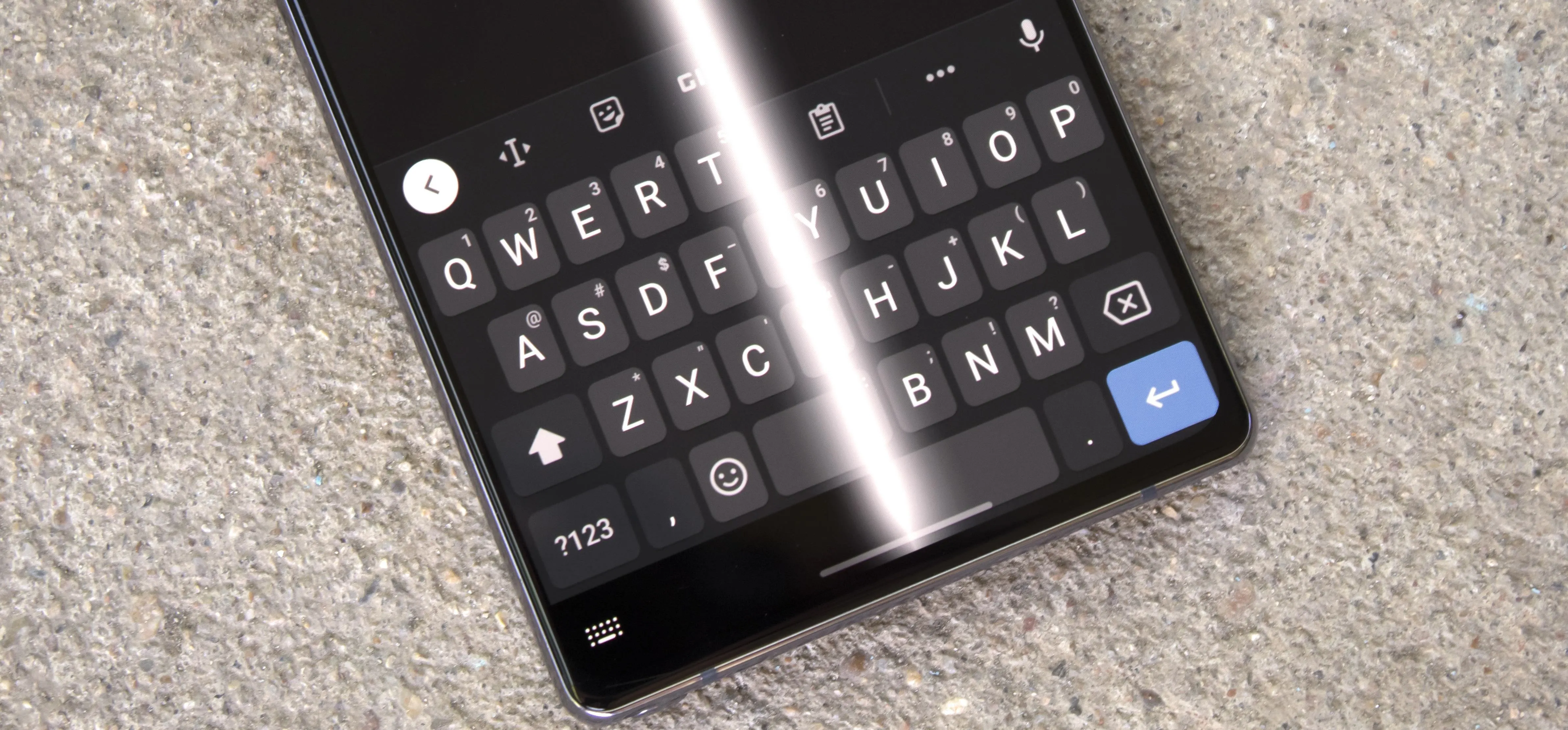
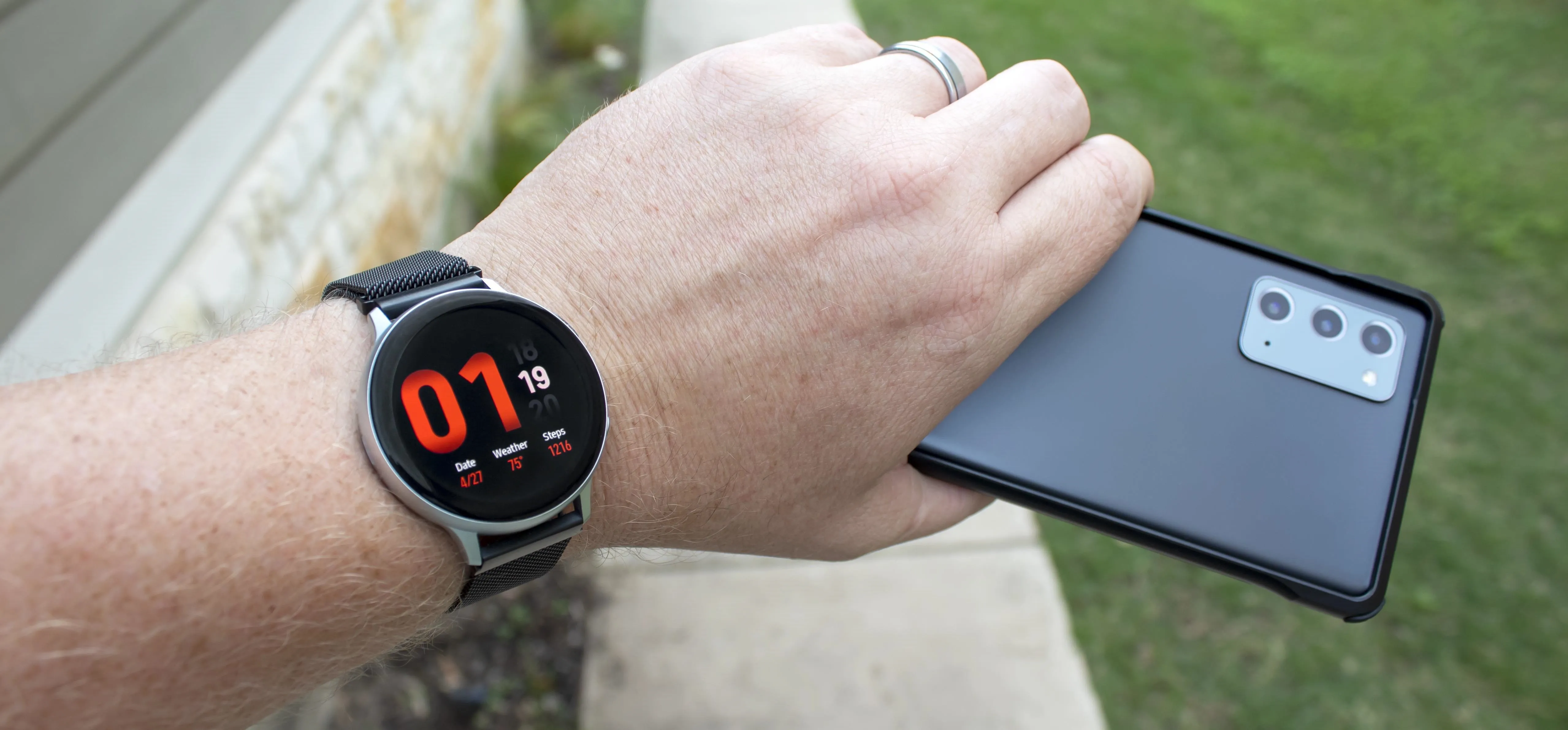
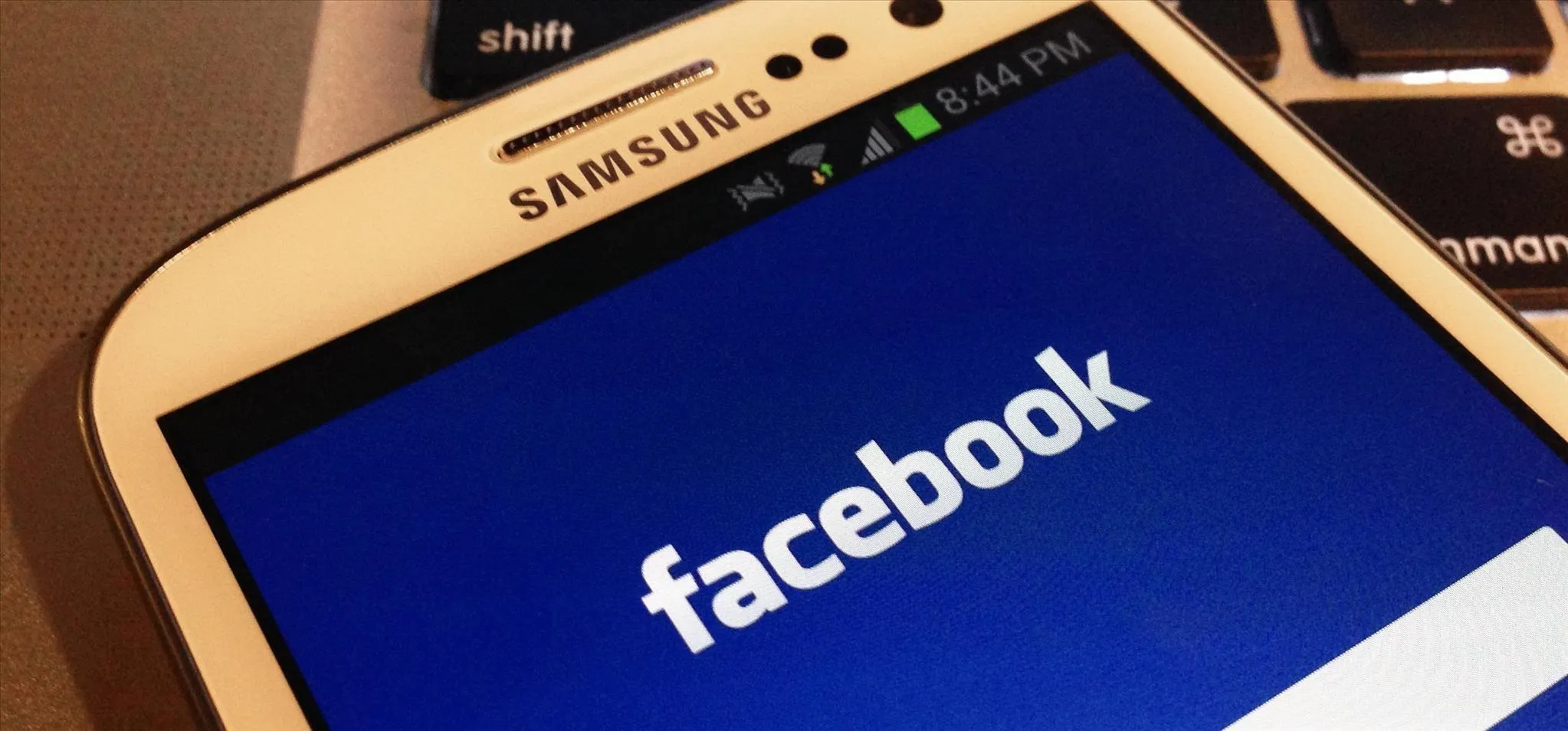

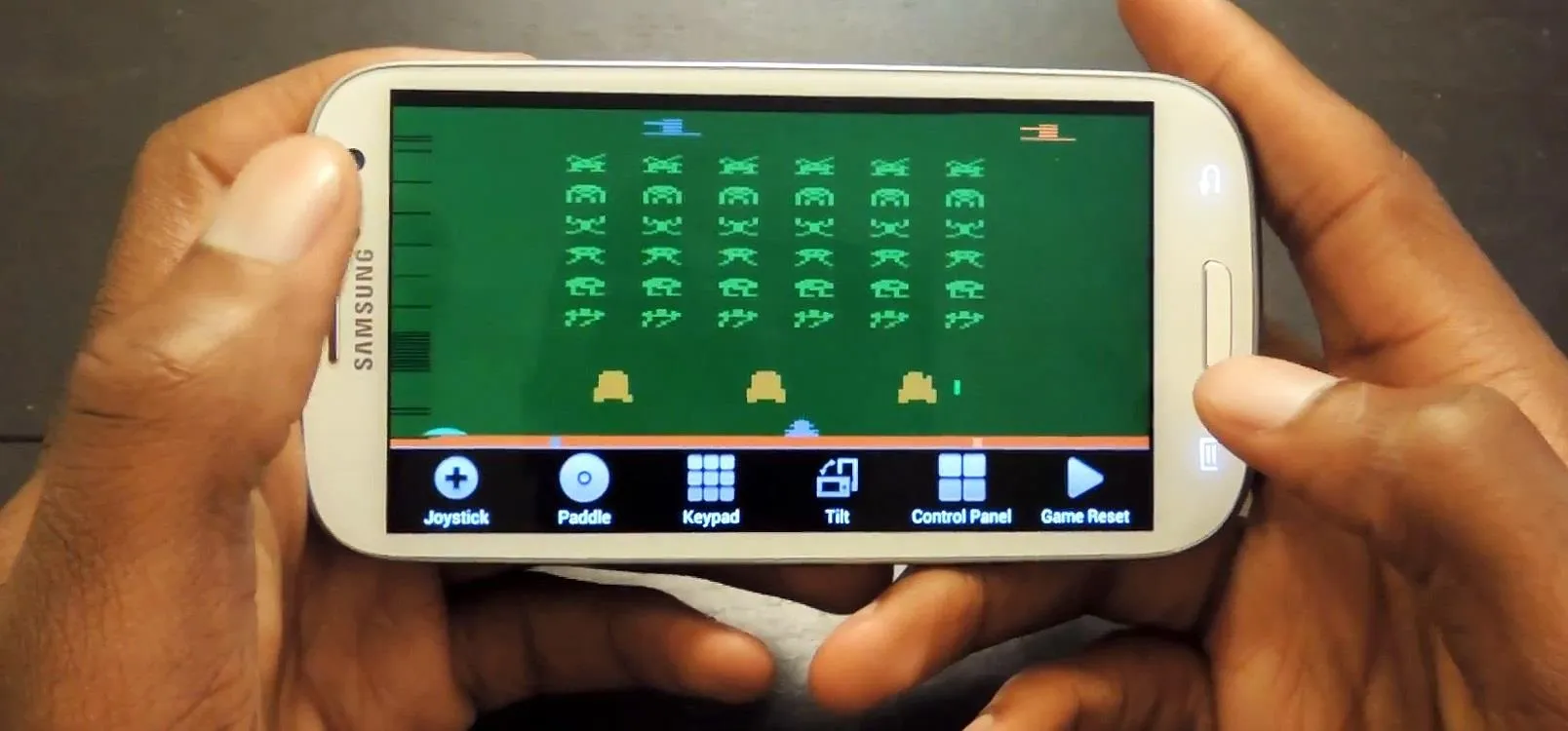
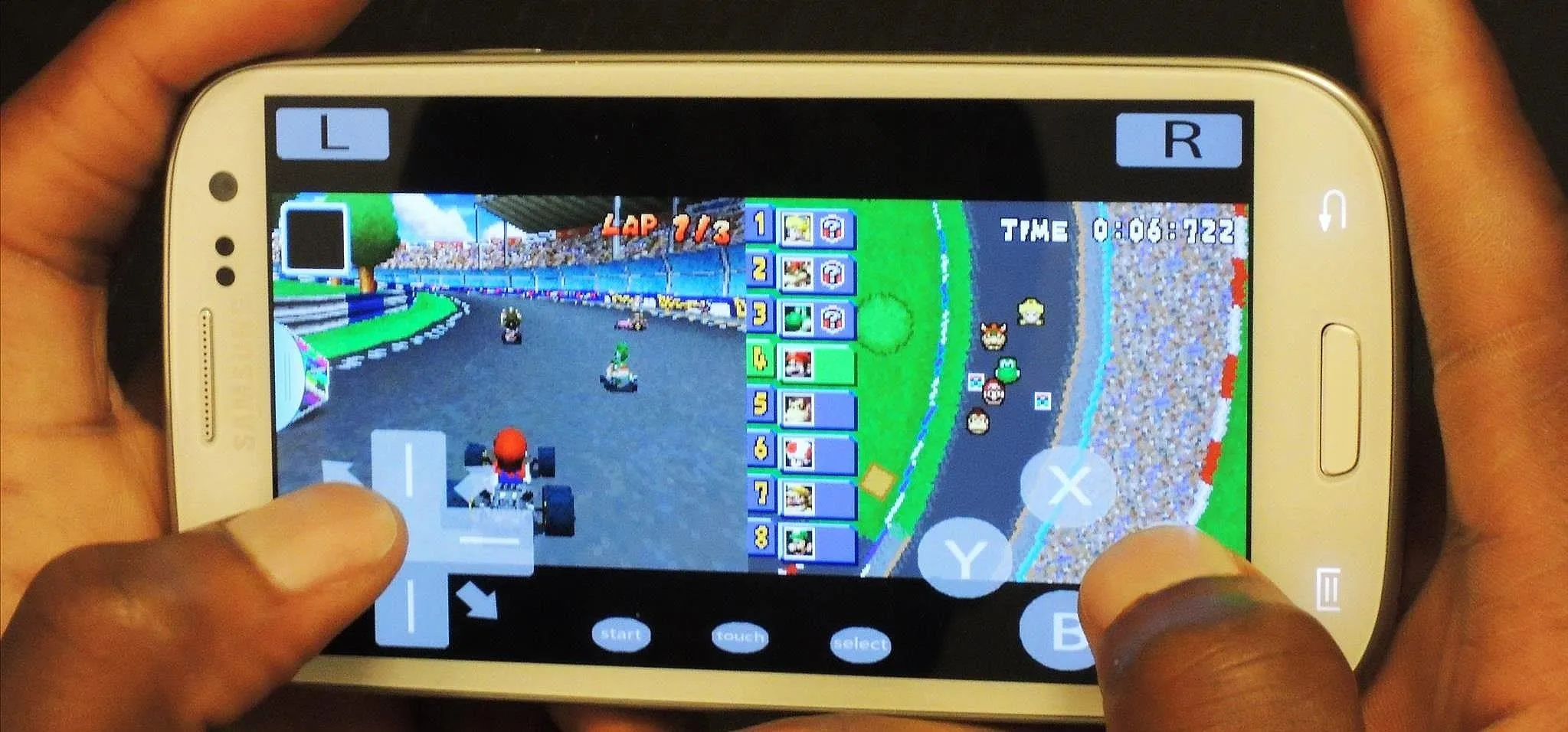


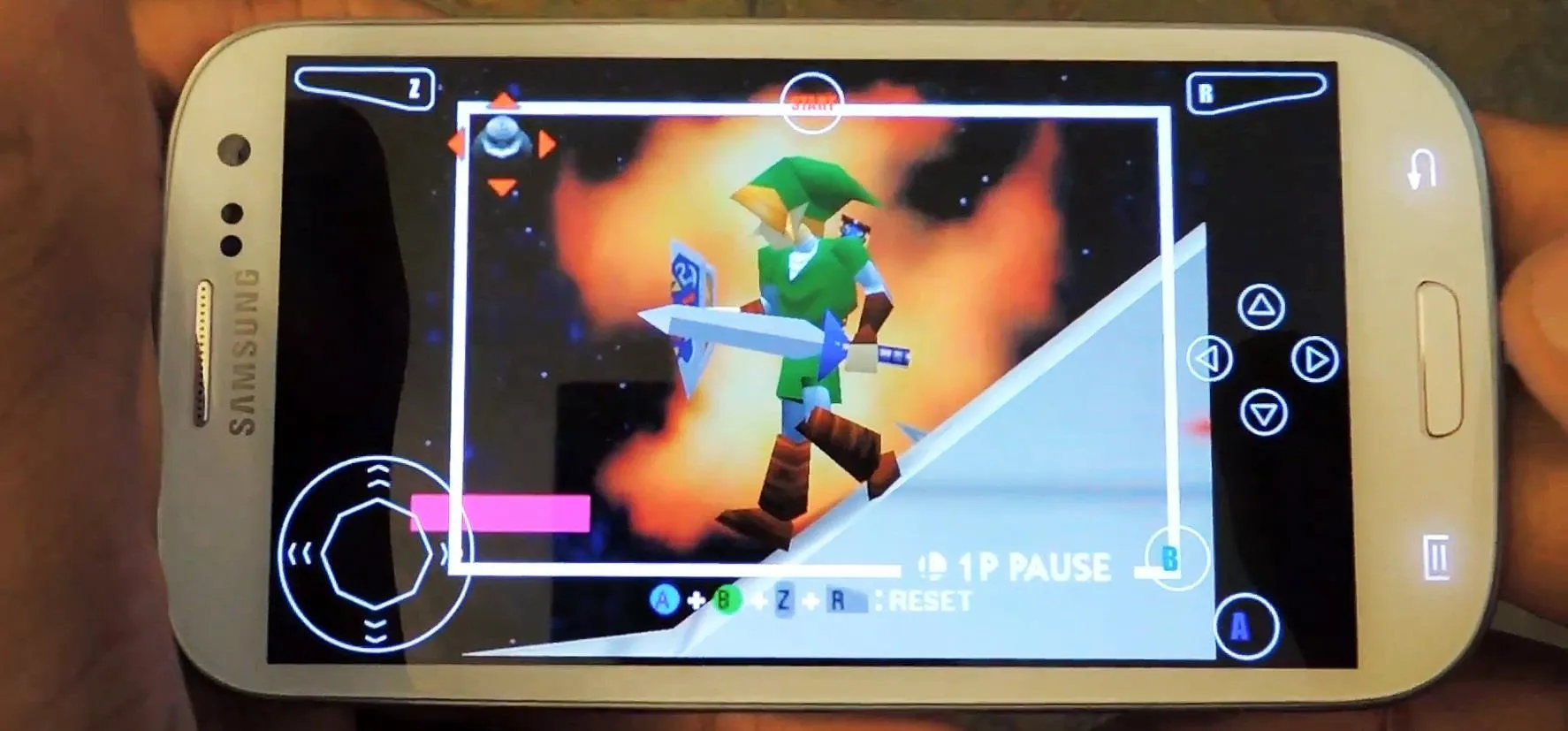

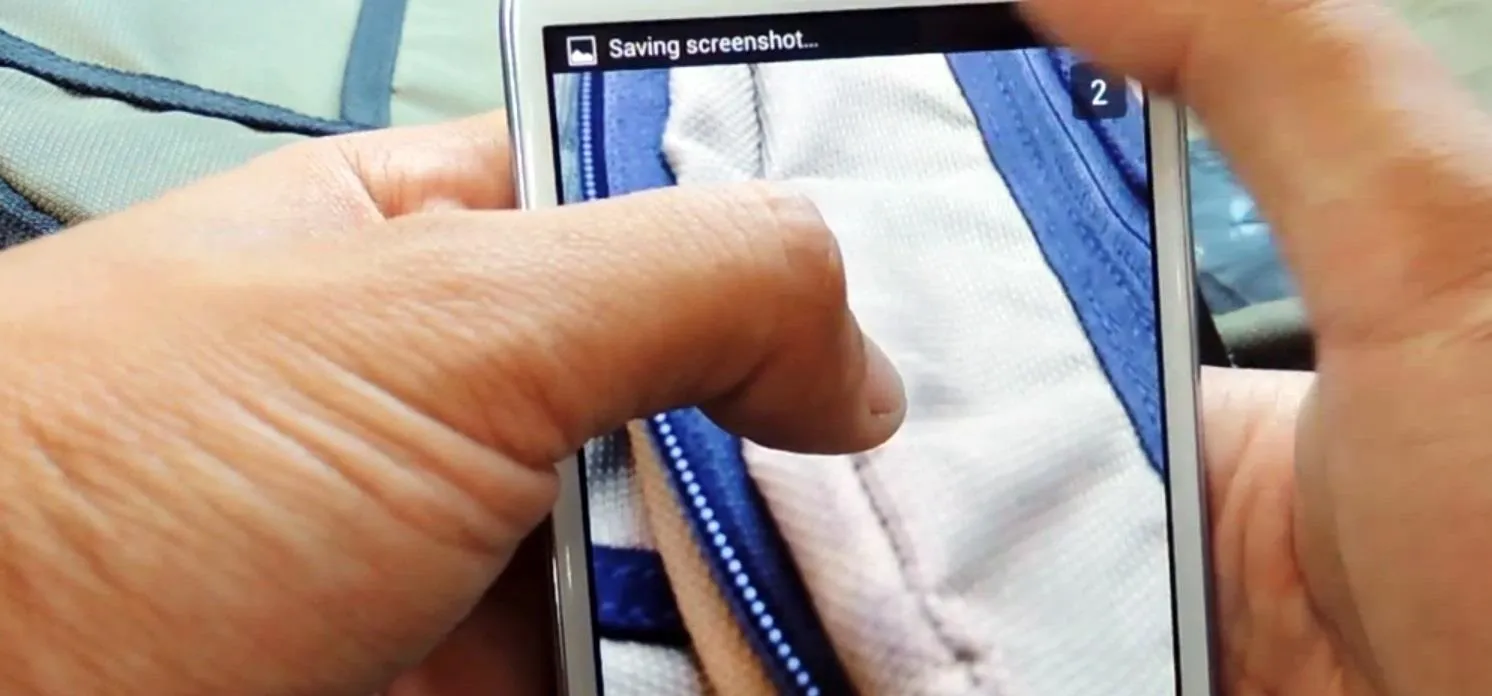
Comments
Be the first, drop a comment!